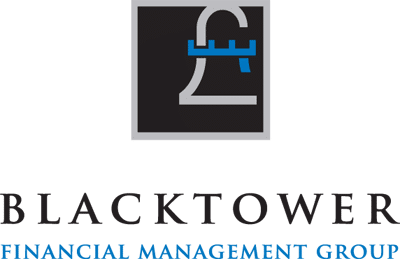Don’t become a day trader
Unless you are already a professional trader then don’t be tempted to become one overnight. When markets are swinging 5-10% on a daily basis at the height of volatility, stockmarket bargains undoubtedly surface. It is however very dangerous to predict short-term movements if this is your strategy to make money. Trying to time the market often ends up disastrously, instead – maintain your original strategy and don’t try and rely on making short term gains.
Review your portfolio
The best long-term portfolio is one that is diversified across asset classes such as stocks, bonds, cash and property as well as being spread geographically, not being solely reliant on one economy such as the UK or US. To do this, it is worth using the services of a financial adviser or wealth manager who will be able to properly assess the suitability of any existing investments that you hold in line with your chosen objectives. The adviser will also be able to make new suggestions as (s)he will have resources to do so as they often work alongside large institutional fund management companies. The key is to make sure you have sufficient diversification to not only make money over the long term but to also add some protection against short term fluctuations.
Finally, with any such news there always comes fraudulent, scam investments varying from suggesting investing into a company that has found a cure for the virus to attempts to simply asking for charitable donations. Such cybercrime is rife and should be avoided at all times. The World Health Organization (WHO) is among the most-impersonated authorities in ongoing scam campaigns. An example is when fraudsters pretend to offer important information about the virus in an attempt to get potential victims to click on malicious internet links. Typically, such links can install malware software which steals your personal information. The key is to remain safe with your health and your wealth.
This communication is for informational purposes only and is not intended to constitute, and should not be construed as, investment advice, investment recommendations or investment research. You should seek advice from a professional adviser before embarking on any financial planning activity. Whilst every effort has been made to ensure the information contained in this communication is correct, we are not responsible for any errors or omissions.

 Cyprus, June 2020 – In the latest stage of its global growth plans, the Blacktower Group has announced today the complete licencing of its Cyprus entity, Blacktower Financial Management (Cyprus) Limited.
Cyprus, June 2020 – In the latest stage of its global growth plans, the Blacktower Group has announced today the complete licencing of its Cyprus entity, Blacktower Financial Management (Cyprus) Limited.